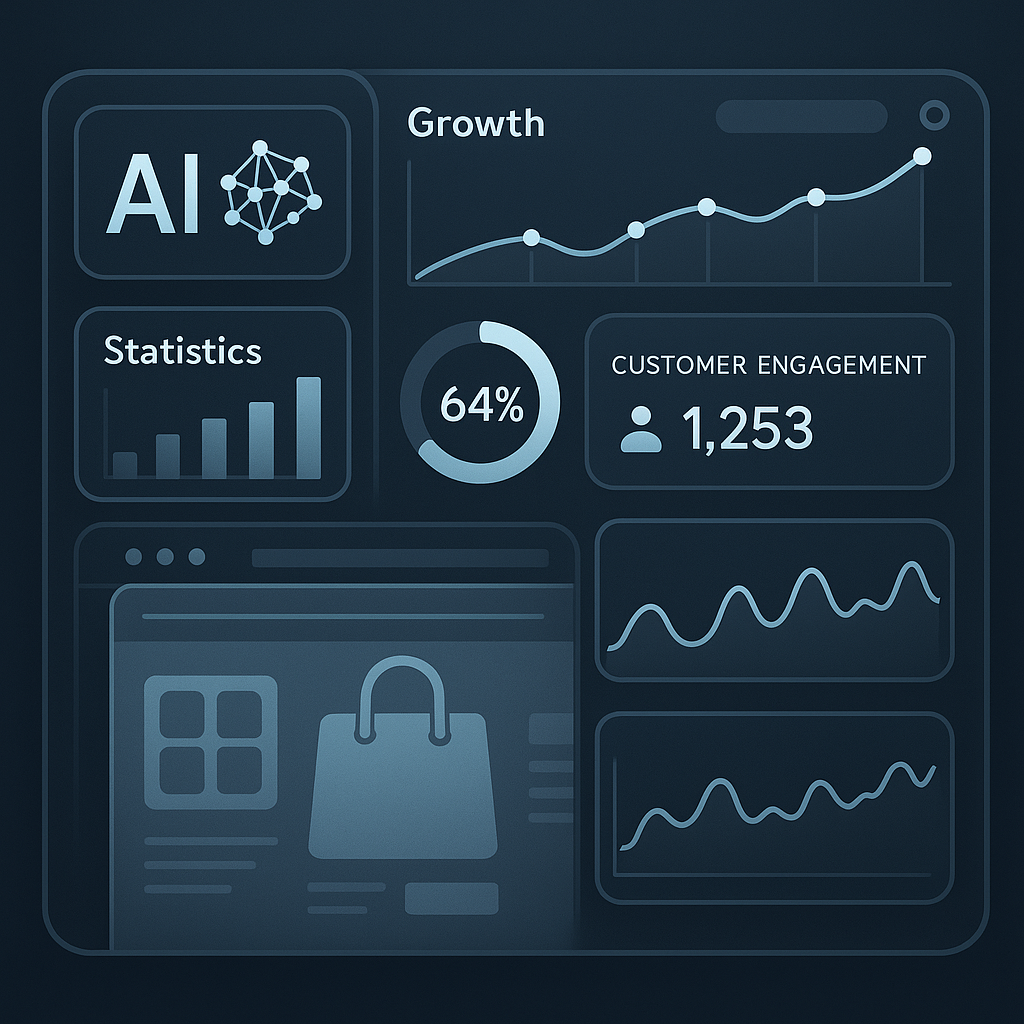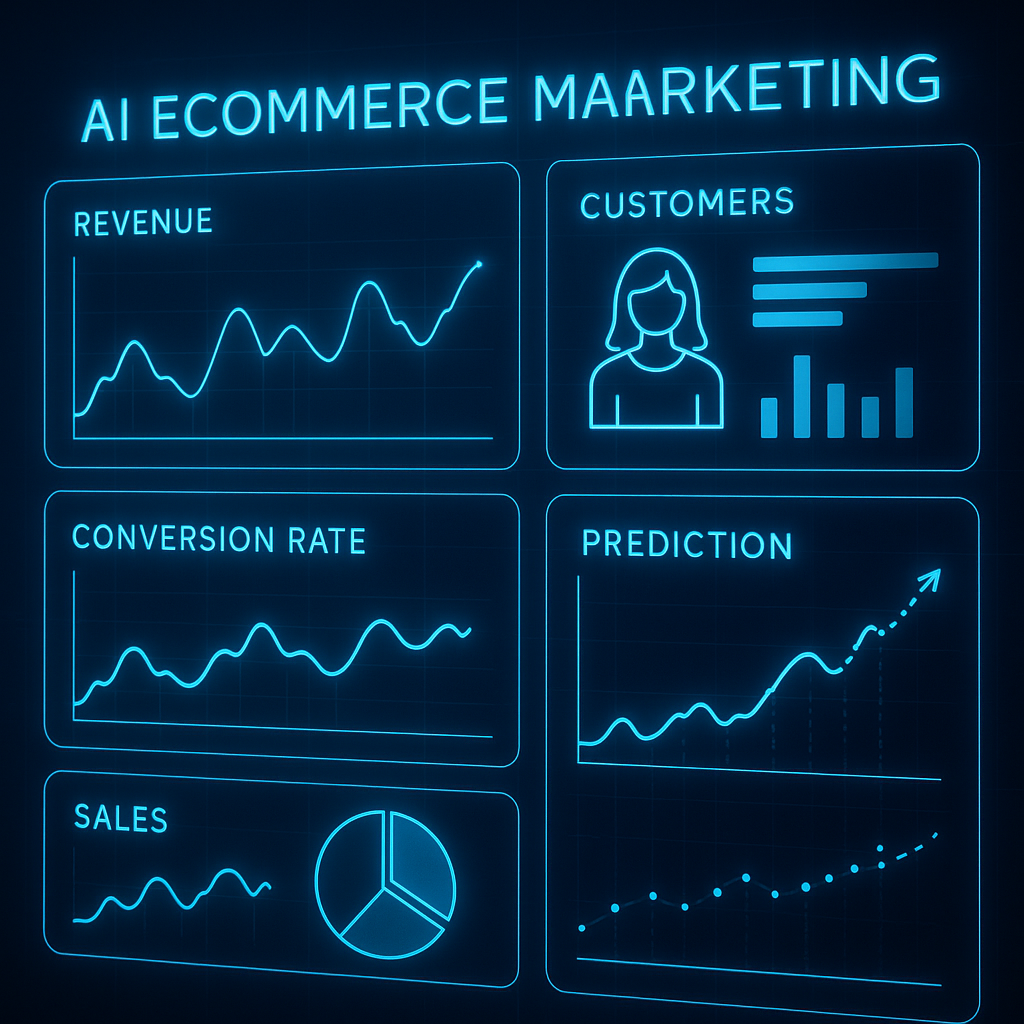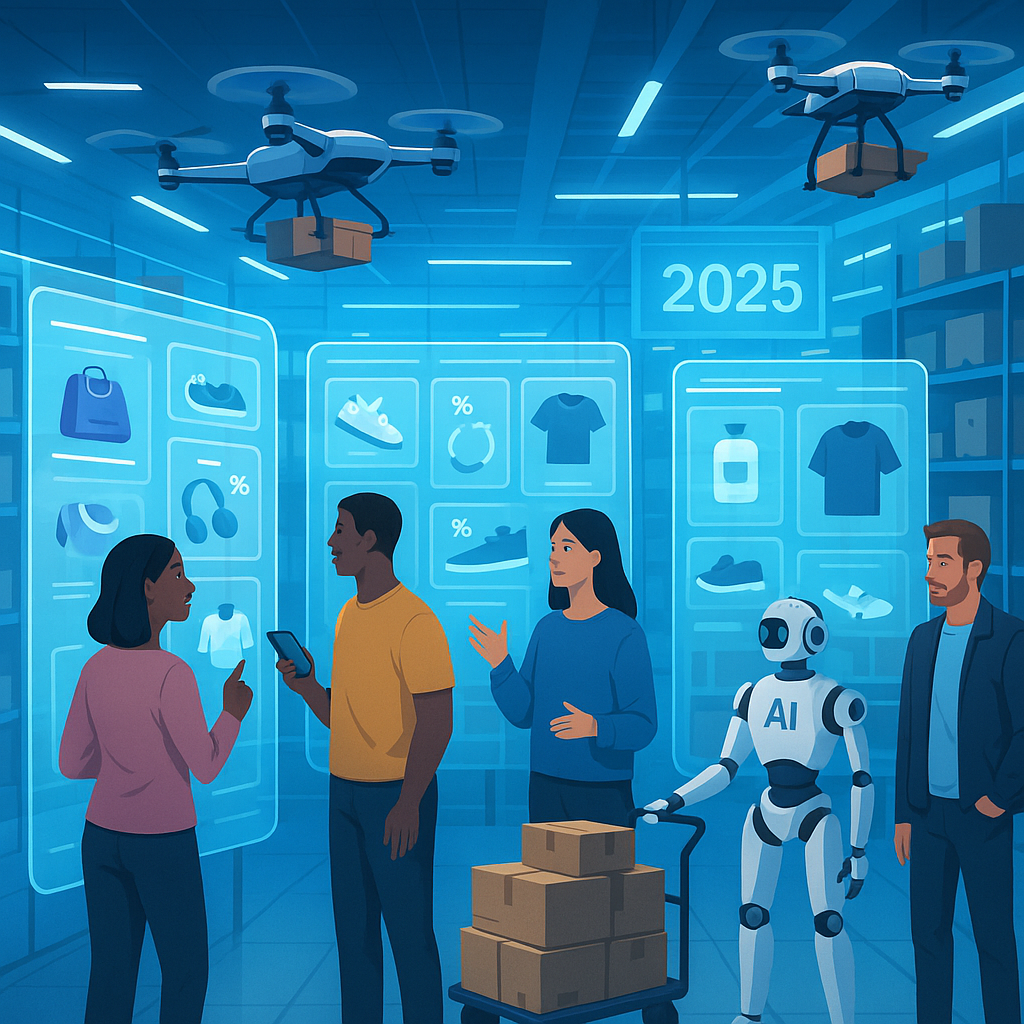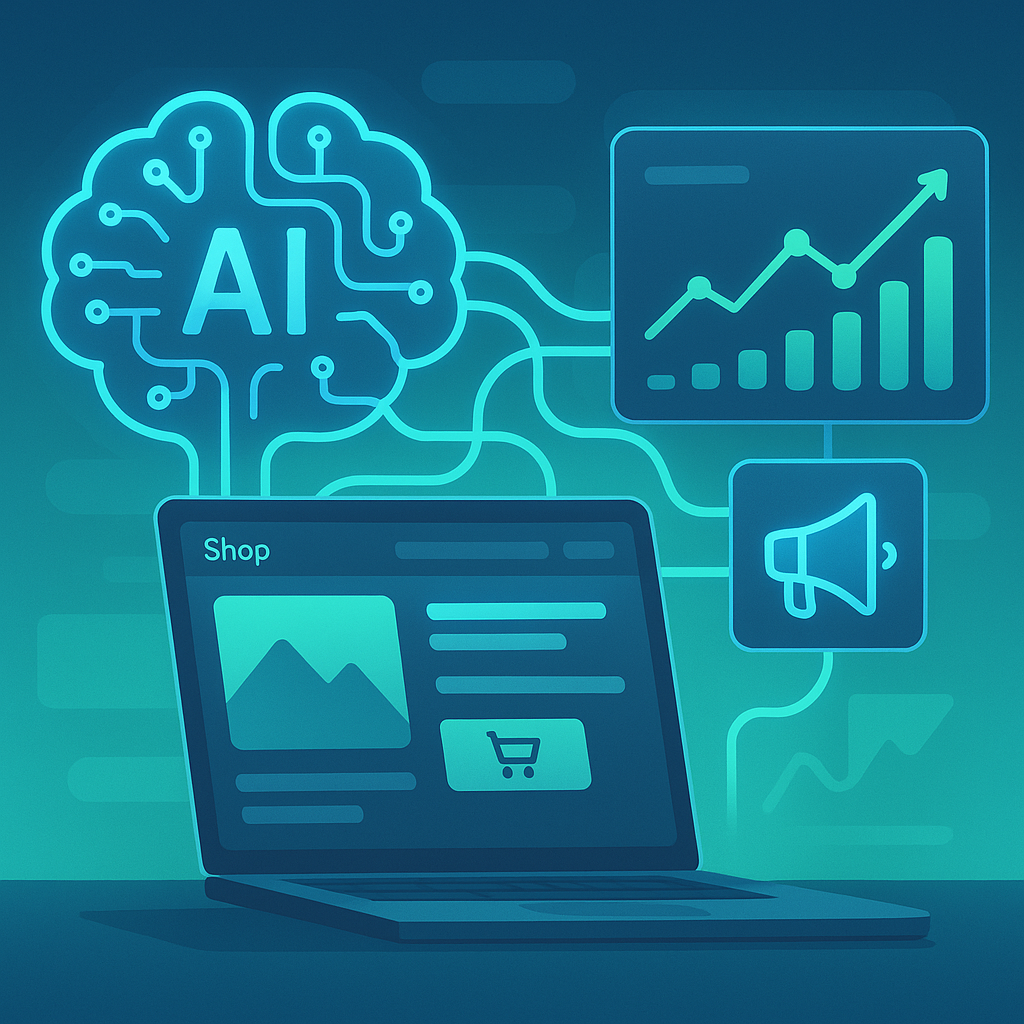
Transforming Sales with AI in Ecommerce Marketing Platforms
The Surge of AI in Modern eCommerce Marketing
By 2025, artificial intelligence (AI) has evolved from a futuristic concept into a cornerstone technology that reshapes ecommerce marketing platforms. Businesses now harness AI not only for automation but to foster unprecedented levels of customer engagement, providing personalized, intuitive, and predictive interactions that enhance the online shopping experience.
Key uses of artificial intelligence in Ecommerce Marketing Platforms
1. Hyper-Personalized Customer Journeys
AI algorithms analyze vast datasets capturing customer behavior, preferences, and past purchases to tailor product recommendations in real-time. Unlike generic suggestions, these hyper-personalized experiences anticipate needs before customers articulate them, encouraging longer sessions and higher conversion rates.
For example, AI-driven dynamic recommendation engines adjust offerings based on browsing context, seasonality, and emerging trends, creating a seamless and engaging path from awareness to purchase.
2. Intelligent Chatbots and Virtual Assistants
Advanced AI-powered chatbots deliver conversational support across ecommerce platforms, offering instant answers, guiding product discovery, and resolving issues efficiently. Their natural language understanding capabilities have matured, enabling human-like dialogues that maintain engagement without interrupting the buyer's journey.
These assistants also proactively suggest complementary products, upsells, or timely discounts, blending service with subtle marketing strategies.
3. Predictive Analytics and Demand Forecasting
AI models analyze historical sales data combined with market trends to predict future product demand. This intelligence enables ecommerce platforms to optimize inventory management, customize promotions, and tailor marketing campaigns that resonate with evolving customer needs.
Retailers avoid overstocking or stockouts, ensuring that the marketing messages align with available products, strengthening consumer trust and satisfaction.
4. Automated Content Creation and Optimization
AI tools generate and optimize marketing content automatically, including product descriptions, email campaigns, and social media posts. Leveraging natural language generation (NLG), these platforms ensure consistent, SEO-friendly, and engaging texts tailored to different customer segments.
By continuously learning from engagement metrics, AI refines content strategies, making marketing communications more effective and resource-efficient.
5. Visual Search and Image Recognition
With advancements in AI-powered image recognition, customers can search products by uploading photos rather than text queries. Ecommerce platforms integrate this technology to reduce friction in discovery, allowing shoppers to find exact or similar items instantly.
Visual AI also assists in automatic tagging and cataloging, streamlining marketing campaigns that emphasize trending styles and designs based on user-generated content.
Case Study: AI-Driven Customer Engagement at Scale
Consider a leading online fashion retailer that integrated an AI-powered ecommerce marketing platform in early 2025. The system provided real-time, personalized product feeds, predictive size and color suggestions, and automated email follow-ups tailored to each user's browsing history.
Within six months, the retailer reported a 30% increase in average order value and a 25% boost in repeat customer rate, illustrating AI's profound impact on customer engagement and revenue.
Challenges and Ethical Considerations
While AI enhances ecommerce marketing, it also brings challenges such as data privacy concerns and algorithmic biases. Platforms must ensure transparent data collection policies and continuously audit AI models to foster ethical, inclusive, and trustworthy customer interactions.
Balancing automation with authentic human touchpoints remains crucial to maintain brand loyalty and avoid customer alienation.
The Future Outlook: AI-Enabled Omnichannel Marketing
Looking ahead, AI in ecommerce marketing platforms will integrate deeper omnichannel strategies, linking online, mobile, social, and physical retail with seamless customer journeys. Real-time AI insights will empower marketers to adapt fluidly to consumer moods and market shifts.
Emerging technologies like AI-driven augmented reality (AR) experiences are set to further revolutionize engagement by blending immersive visuals with intelligent personalization, ushering in the next era of ecommerce innovation.
Conclusion
Artificial intelligence is decisively transforming how ecommerce marketing platforms engage customers. By harnessing AI's capabilities — from personalization and conversational agents to predictive analytics and automated content — businesses are crafting tailored, dynamic, and efficient customer experiences.
This revolution not only drives sales growth but also sets new standards for customer satisfaction and brand loyalty in the digital commerce landscape of 2025 and beyond.







